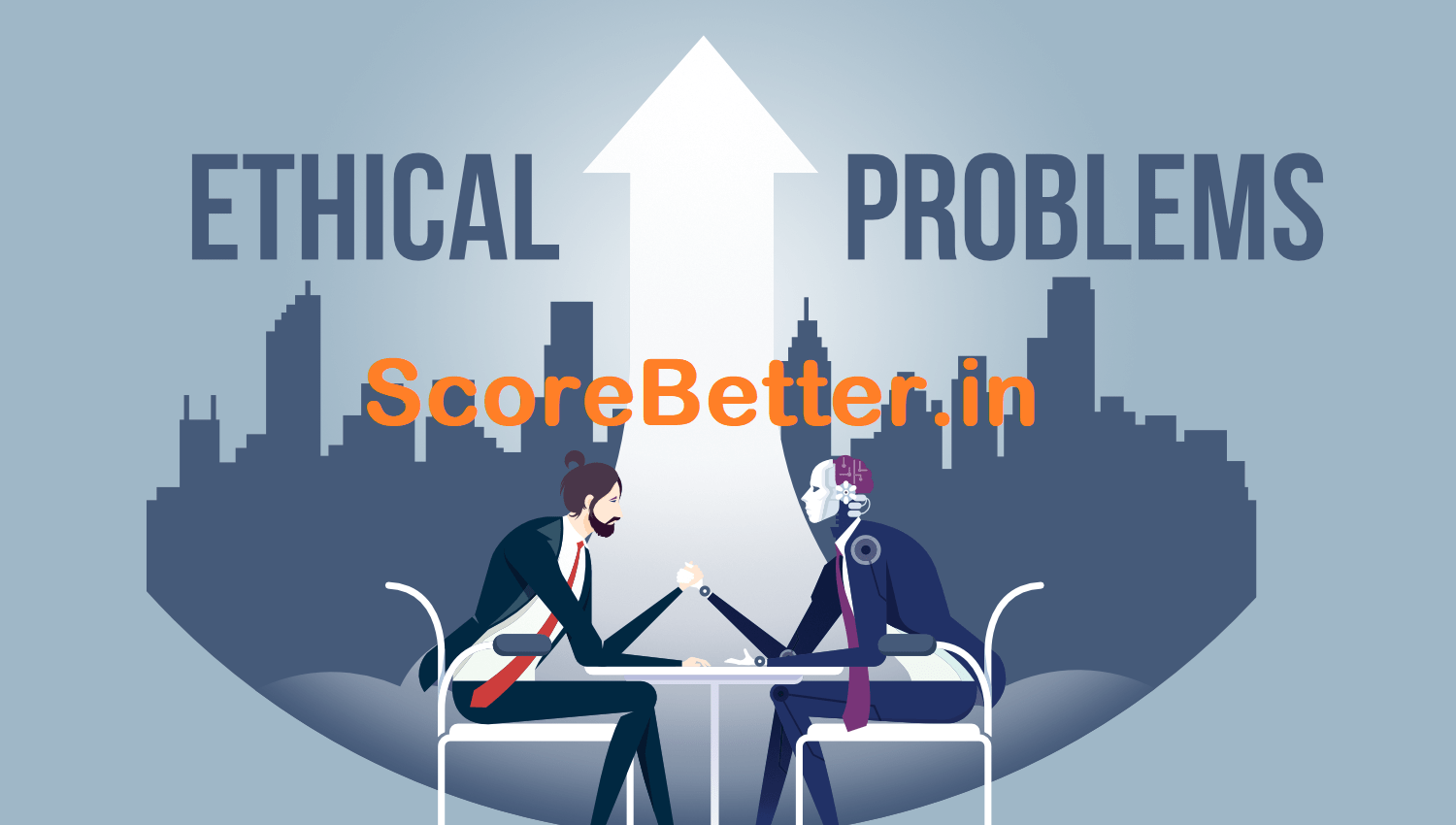Artificial intelligence (AI) is rapidly developing and becoming more and more integrated into our lives. Currently, tech giants such as Google, Microsoft, Amazon, Facebook, IBM, etc. are all trying to develop cutting-edge AI technology. But this means that the Ethical Issues of Artificial Intelligence also need to be discussed.
This raises a number of Ethical Issues of Artificial Intelligence, such as:
- Bias and discrimination: AI systems can be biased, either intentionally or unintentionally. This can lead to discrimination against certain groups of people, such as women, minorities, or people with disabilities.
- Privacy: AI systems collect and use large amounts of data about us. This raises concerns about our privacy and how our data is used.
- Accountability: Who is responsible for the actions of AI systems? If an AI system makes a mistake or causes harm, who is liable?
- Control: Who controls AI systems? Could they be used for harmful purposes, such as warfare or surveillance?
These are just some of the ethical issues that need to be considered as AI continues to develop. It is important to have open and honest conversations about these issues so that we can ensure that AI is used for good and not for harm.

The ethical issues of Artificial Intelligence mentioned above:
Bias and discrimination: AI systems can be biased in a number of ways. For example, if an AI system is trained on a dataset that is biased, then the system will likely be biased as well. This can lead to discrimination against certain groups of people, such as women, minorities, or people with disabilities.
Privacy: AI systems collect and use large amounts of data about us. This data can include our personal information, such as our names, addresses, and phone numbers. It can also include our online activity, such as our search history and browsing habits. This raises concerns about our privacy and how our data is used.
Accountability: Who is responsible for the actions of AI systems? If an AI system makes a mistake or causes harm, who is liable? This is a complex question that does not have a simple answer. It is likely that there will need to be a shared responsibility between the developers of AI systems, the users of AI systems, and the government.
Control: Who controls AI systems? Could they be used for harmful purposes, such as warfare or surveillance? This is a very important question that needs to be considered carefully. It is important to ensure that AI systems are not used for harmful purposes. This will require careful regulation and oversight.
The ethical issues of AI are complex and there are no easy answers. However, it is important to have open and honest conversations about these issues so that we can ensure that AI is used for good and not for harm.
How to address the ethical issues of AI
There are a number of things that can be done to address the ethical issues of AI. These include:
Developing ethical guidelines for AI development: There is a need for ethical guidelines that developers of AI systems can follow. These guidelines should address issues such as bias, discrimination, privacy, accountability, and control.
Regulating AI systems: Governments need to develop regulations that govern the development and use of AI systems. These regulations should be designed to protect people from the potential harm of AI.
Educating the public about AI: The public needs to be educated about the potential benefits and risks of AI. This education should help people to understand how to use AI safely and responsibly.
By taking these steps, we can help to ensure that AI is used for good and not for harm.

Artificial Intelligence presents tremendous opportunities for progress, but it also raises important ethical concerns. Addressing the ethical issues associated with AI requires a multidisciplinary approach involving technologists, ethicists, policymakers, and society at large. By actively engaging in discussions, implementing robust regulations, and fostering responsible AI development, we can harness the potential of AI while ensuring that it aligns with our values, respects human rights, and benefits society as a whole.
Also, Read This:
Subscribe to Our Youtube Channel
Join Us on Telegram For More Update
Read More Articles on Current Affairs and Defence Update
.
